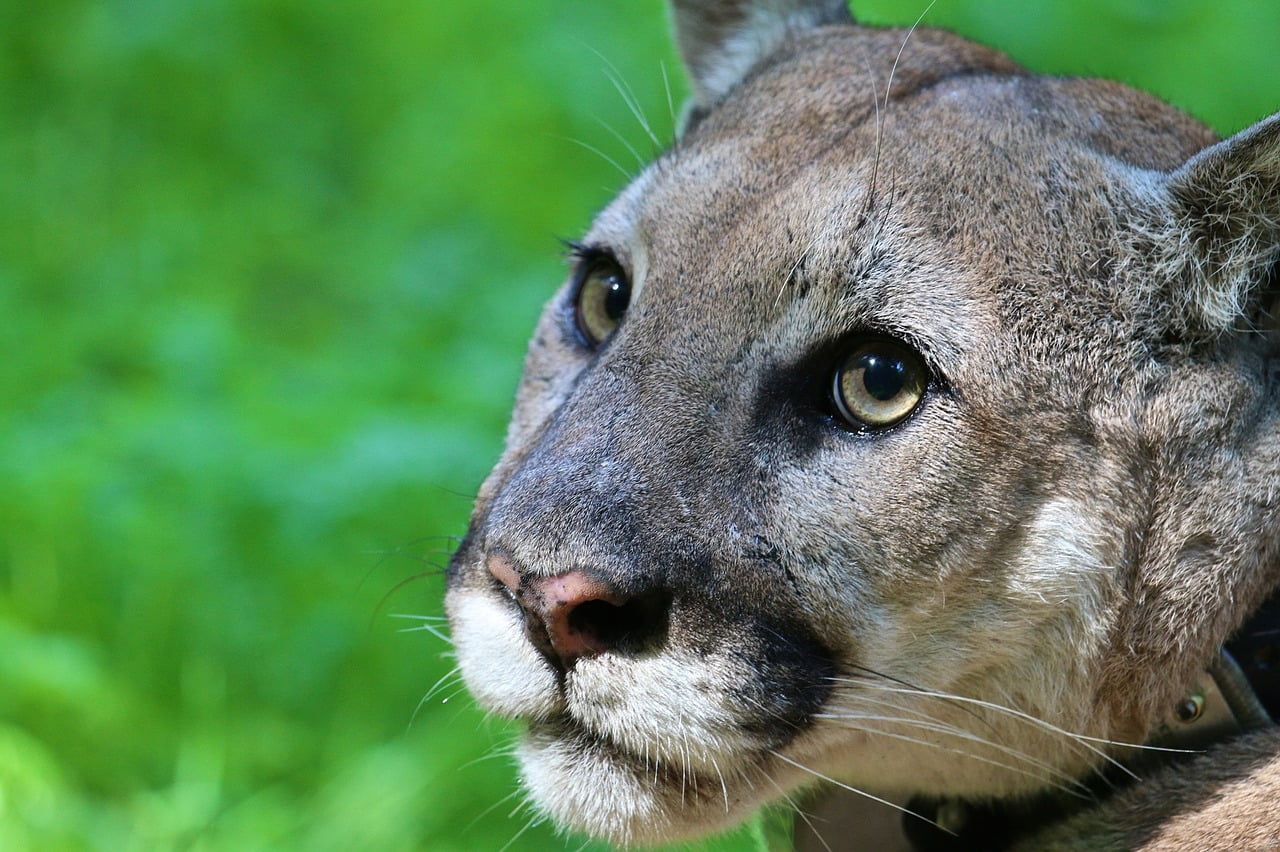Hiking outdoors offers so many benefits to your physical and mental well being—it’s a great way to connect with nature, stay healthy, and enjoy time with friends and family. Enjoying the views, including local wildlife, is part of the charm and empowerment of this classic outdoor activity. Here are some safety tips to help you avoid animal encounters as well as what to do in case you do come up against a bear or cougar.
Things To Do:
1. Make Noise.
Bears are more likely to attack if they don’t hear you coming and get startled by your presence. Therefore, it’s encouraged that you make noise while you walk (talk, clap, sing) and even carry a bear bell or other noise-making device.
2. Keep Children Near.
Children may not be as aware of their surroundings and may accidentally stumble into bear and cougar territory. Keep this from happening by explaining the importance of sticking together and staying on the trails.
3. Keep Your Distance & Avoid Bears with Cubs.
Never approach a bear, no matter how “tame” it may seem. Some bears may be used to the presence of people, especially if they roam around camping areas or other heavily populated spaces. However, this should never be an indication that it is “okay” to approach them. Respect their family unit and keep a safe distance—even if you see a cute cub by itself, chances are the mom is close by.
4. Be Aware of Surroundings.
Look for signs of animal droppings, dead carcasses, claw or teeth marks on logs or trees, and clumps of fur. These are just a few signs that something may be near and that you should take extra precautions or, if you feel it best, turn back.
5. Let People Know Where You Are.
Before you leave, let someone who is not going with you know where you are going, when, and what time you will be back. That way, if needed, emergency responders can react more efficiently to your last known location.
6. Use Long-Distance Observation Gear.
Binoculars, spotting scopes, and telephoto lenses are a good way to “get a close up” without actually getting close!
Things Not To Do:

1. Hiking Off Trail or After Sundown.
You increase your chances of meeting wild animals if you leave the trails or venture out at night, where you are less likely to see the warning signs of nearby wild animals. Avoid these situations when possible.
2. Leave Your Gear.
Keep your backpacks and bags close at hand at all times, especially if they contain food and beverages.
3. Let Your Pets Off Leash.
Many trails don’t allow dogs because they may attract or cause conflicts with local wildlife. However, if you do bring your dog on a trail that allows it, keep the leash short to be sure that your pup is safe—and to keep yourself safe, as well.
4. Run.
Bears and cougars can outrun you and bolting may only encourage them to chase you. During an encounter, do NOT run.
If You Do End up Encountering a Bear, Remember:
- Keep a clear head, try not to panic. Do NOT run.
- Don’t make direct eye contact, avoid sudden movements, and back away slowly.
- Don’t climb a tree—most bears can climb trees, too!
- Create distance between you and the animal and try to put something large between you and the animals (a tree or rock)
- Use bear spray only if you must, and be familiar with how to use it ahead of time (ex. check the wind direction)
If You Do End up Encountering a Cougar, Remember:
- Stay calm and talk to the cougar in a confident voice.
- Pick up sticks and rocks to make yourself look bigger and appear as a threat and not prey.
- Do NOT turn your back on the cougar, stay standing and do not hide.
- Always give a cougar an escape route, make sure it has a way out and away from you.
- Pick up children and pets so that they do not look like small prey, this in turn also makes yourself look bigger and more of a threat to the cougar.
- Do NOT run!
Remember that there is no guaranteed method of avoiding a close encounter with a bear or cougar, so preventative measures and safety planning will be your best bet!
Hike smart, hike safe—and have fun.
Tips to a Successful Family Hike
Minnekhada Regional Park: High Knoll Trail


I have a friend who is a wildlife biologists and he says that bear bells and other noise devices are a bad idea. Bears by nature are curious and will come investigate a bell or noise device. The human voice on the other hand is known to bears and they will avoid it. I’ve hiked for over 40 years and have only seen bears from a distance.
Thanks for this! Me and my friends have lots of plans this summer, and in BC, it’s not impossible to run into cougars and bears. My husband tells me I don’t need to carry bear spray around when hiking in small area, but I don’t think so. It’s always good to be aware and prepare. we’ll never know. Have a great summer! Looking forward to more adventure posts from you! 🙂
These are good tips. Thanks for sharing! Whenever we are in bear country I keep my children close and ask them not to run up ahead on their own. I also carry bear spray. It’s something that I hope to never have to use but it could help survival in an aggressive bear encounter.